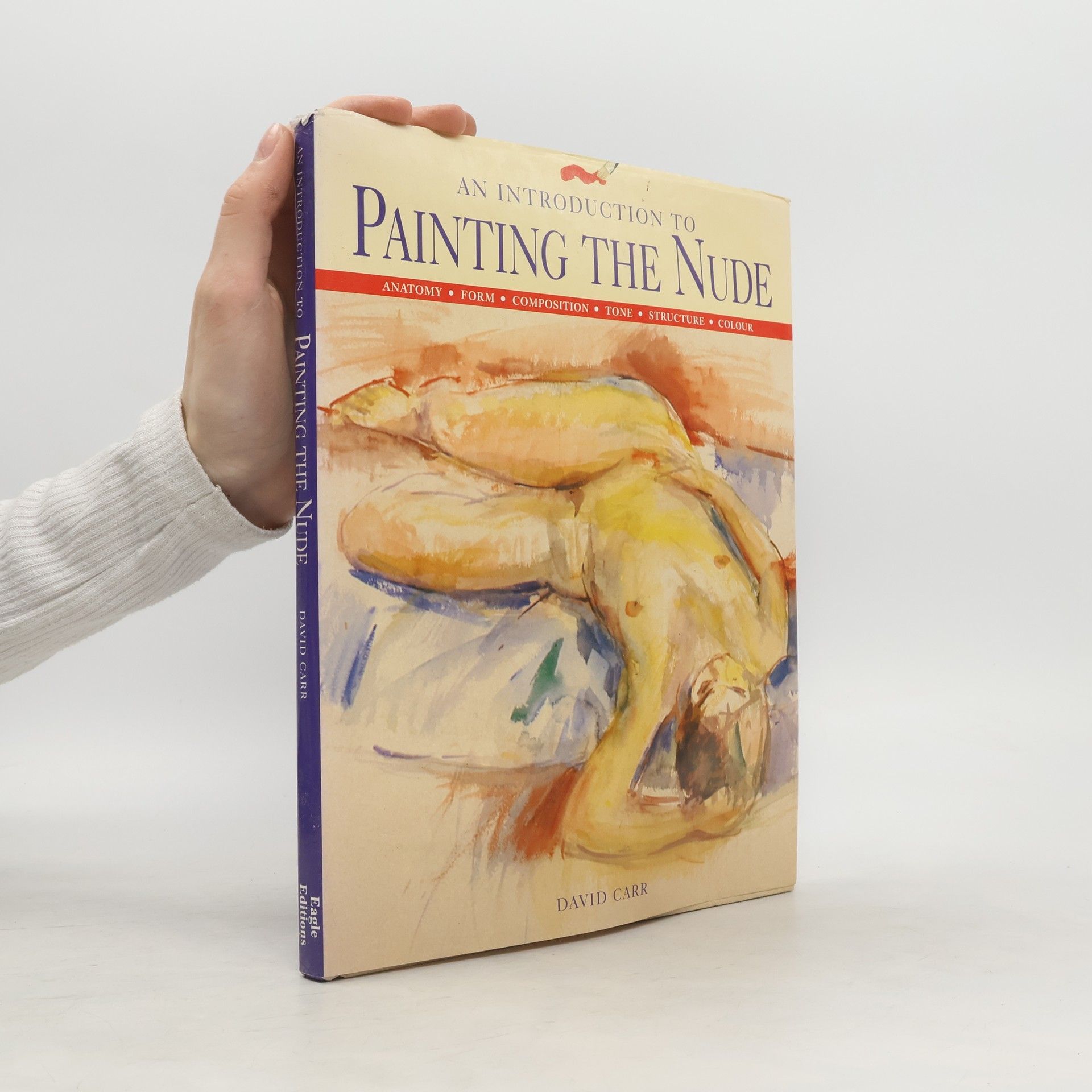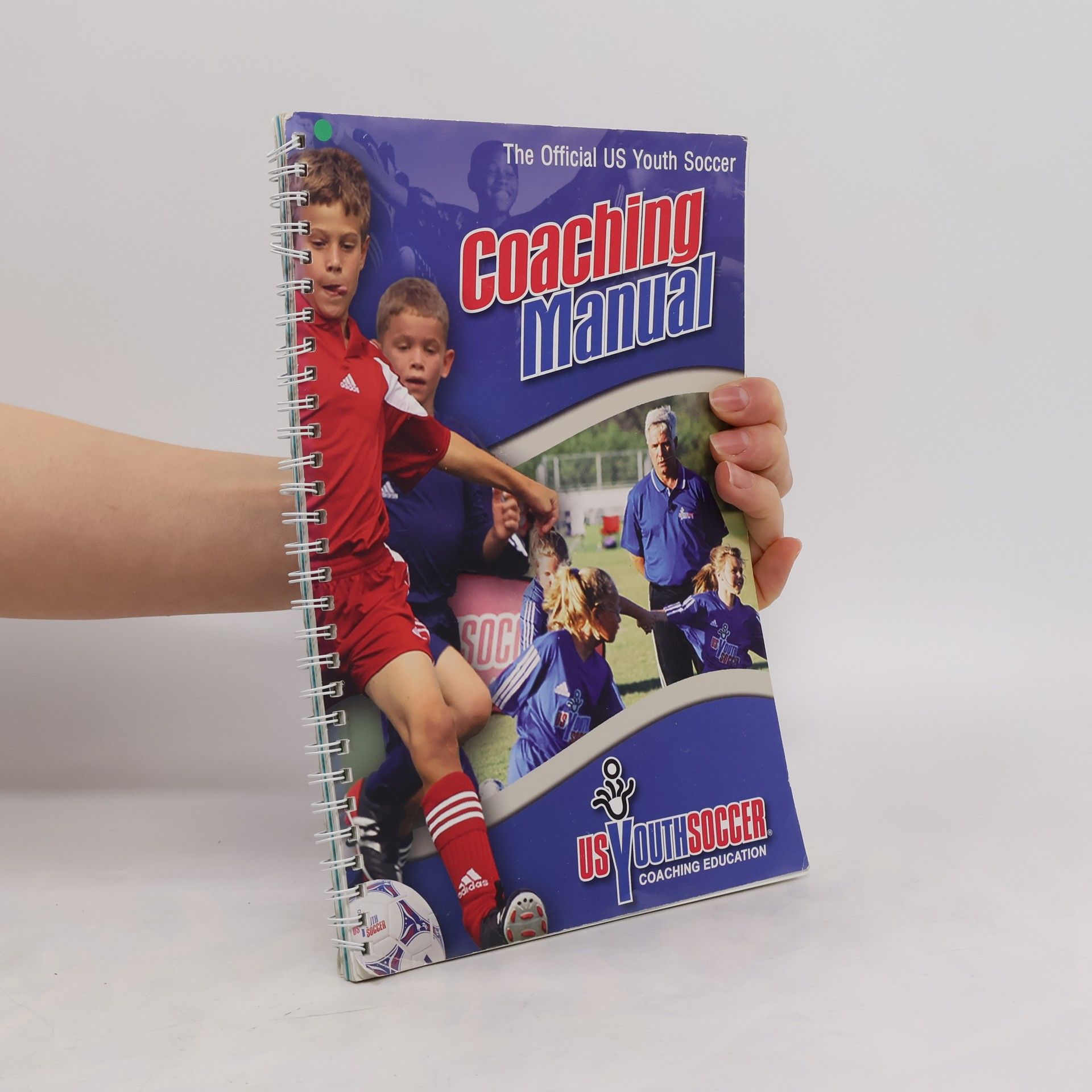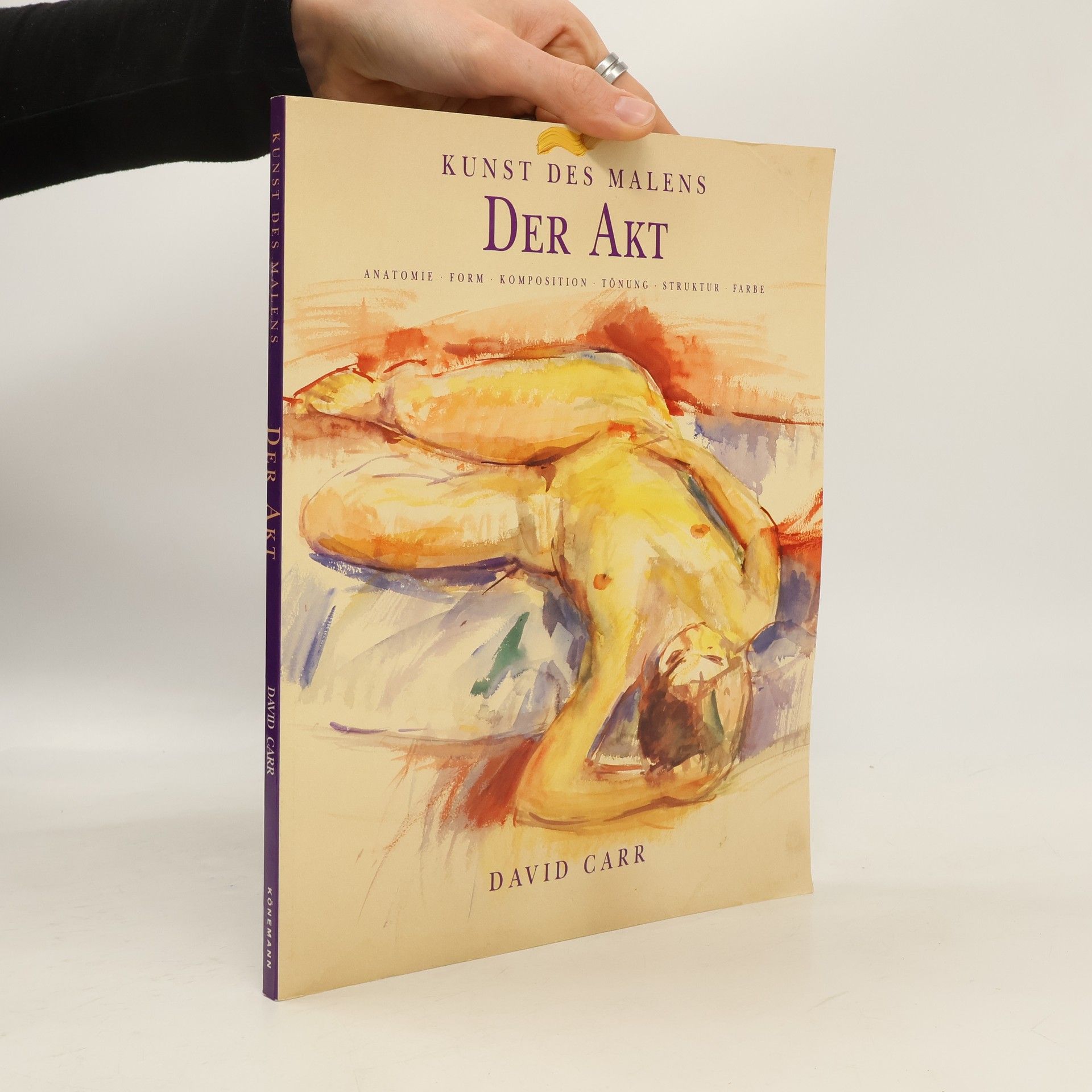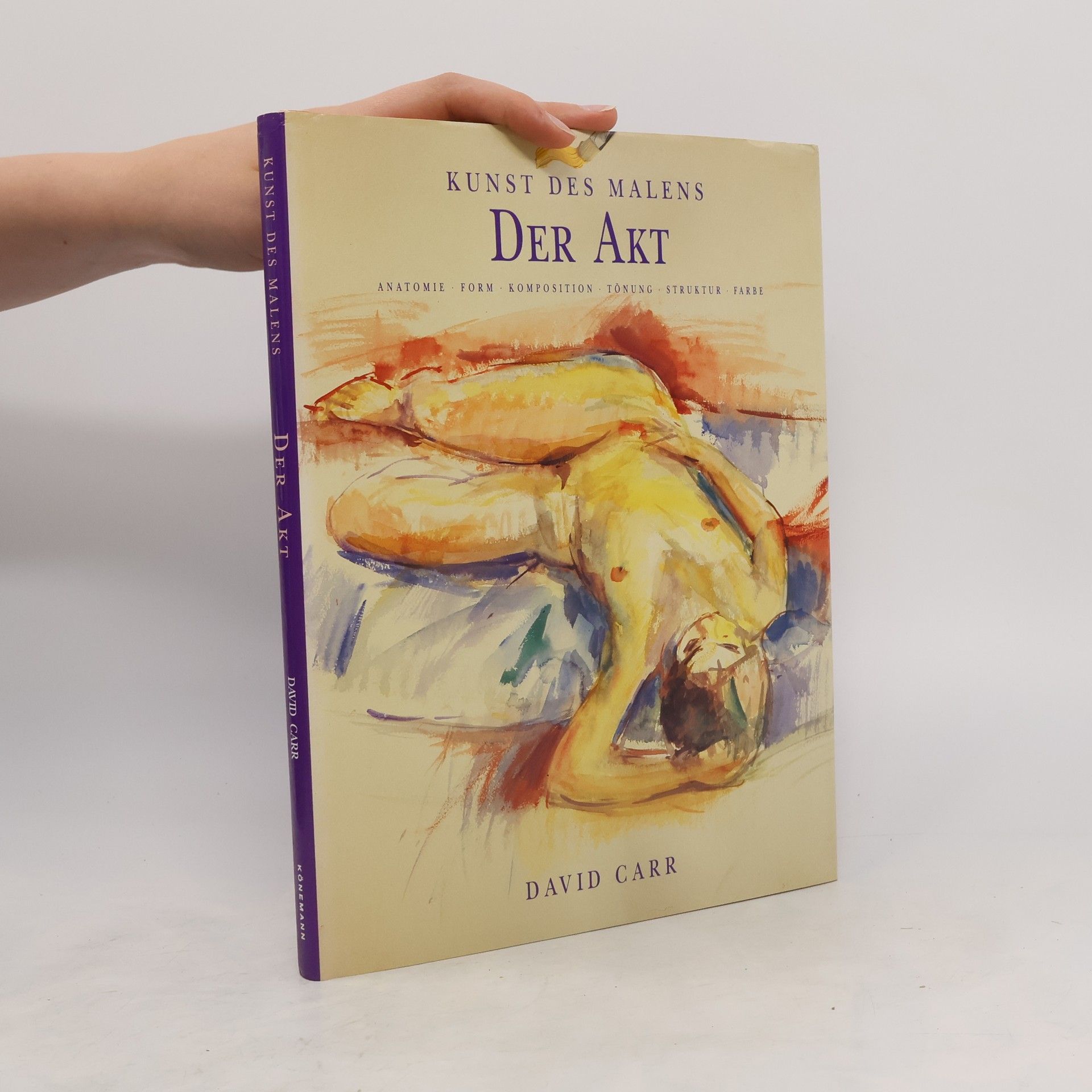Kunst des Malens
Der Akt
David Carr ist emeritierter Professor für Philosophie. Seine Werke befassten sich mit europäischer Philosophie des 19. und 20. Jahrhunderts, der Philosophie Edmund Husserls sowie der Geschichtsphilosophie und Geschichtsschreibung. Seine Forschung konzentriert sich auf tiefgreifende Untersuchungen historischer und philosophischer Konzepte, die das moderne Denken prägten. Carrs Beiträge liegen in seinem präzisen analytischen Ansatz zu komplexen philosophischen Themen.






Der Akt
A career-spanning selection of the legendary reporter David Carr's writing for the New York Times, Washington City Paper, New York Magazine , the Atlantic , and more.
The Official Us Youth Soccer. Coaching Education
What do all "clutch" performers have in common? What is their secret? Why is working hard and eating right not enough? Everyone's doing that, right? You need an "edge!" The great ones have "it" and you need to discover and develop "it". MENTAL TOUGHNESS is the difference; it is the edge you must obtain! There is no way to achieve and maintain peak performance without it. Sports Psychology is the last frontier of athletic performance enhancement and MENTAL TOUGHNESS is its crown jewel! Mental Toughness is what this book is all about: how to get it, how to keep it, how take what you've already got to a much higher level. The principles and concepts in this book are proven and guaranteed to produce results not only in your game, but also in every aspect of your life. As a matter of fact, this book literally has the power to change your life forever. Prepare to be challenged and empowered to become the person you were born to be-a champion!
Exploring the intersection of philosophy and history, this collection of recent essays delves into the theory of history while emphasizing the significance of experience. It serves as a valuable resource for readers seeking a deeper understanding of historical events through a philosophical lens, making it ideal for both scholars and enthusiasts of these intertwined disciplines.
This collection of essays explores the critical role of character and virtue in professional practice. While codes of conduct are essential for guiding behavior, recent scandals highlight that they are insufficient without a foundation of personal moral character. The book emphasizes the urgent need to focus on cultivating qualities such as integrity, courage, self-control, service, and selflessness in professional education. Contributions from notable leaders in virtue ethics, including Sarah Banks, Ann Gallagher, Geoffrey Moore, Justin Oakley, and Nancy Sherman, extend the discussion beyond traditional professions to encompass a wide array of professional practices. Inspired by an international interdisciplinary conference, the volume examines various strategies for promoting moral character and virtue through the lens of contemporary neo-Aristotelian virtue theory. The global relevance of these professional concerns makes this book an essential resource for those engaged in modern professional practices. It will particularly resonate with academics, practitioners, and postgraduate students in fields such as education, medicine, nursing, social work, business, and military service.
Novinář David Carr se vrací do osmdesátých let a rekonstruuje jeden z nejtemnějších příběhů, se kterým se kdy setkal — příběh své vlastní závislosti na drogách. Zpovídá množství známých, kteří se stali svědkem jeho pádu: bývalé milenky, drogové dealery, policisty, spolupracovníky i kamarády. Tráví tři roky probíráním policejních protokolů, lékařských zpráv, zatykačů a dalších dokumentů. Kniha je šokujícím záznamem kokainového pekla, ale i příslibem lepší budoucnosti muže, který svou závislost překonal.